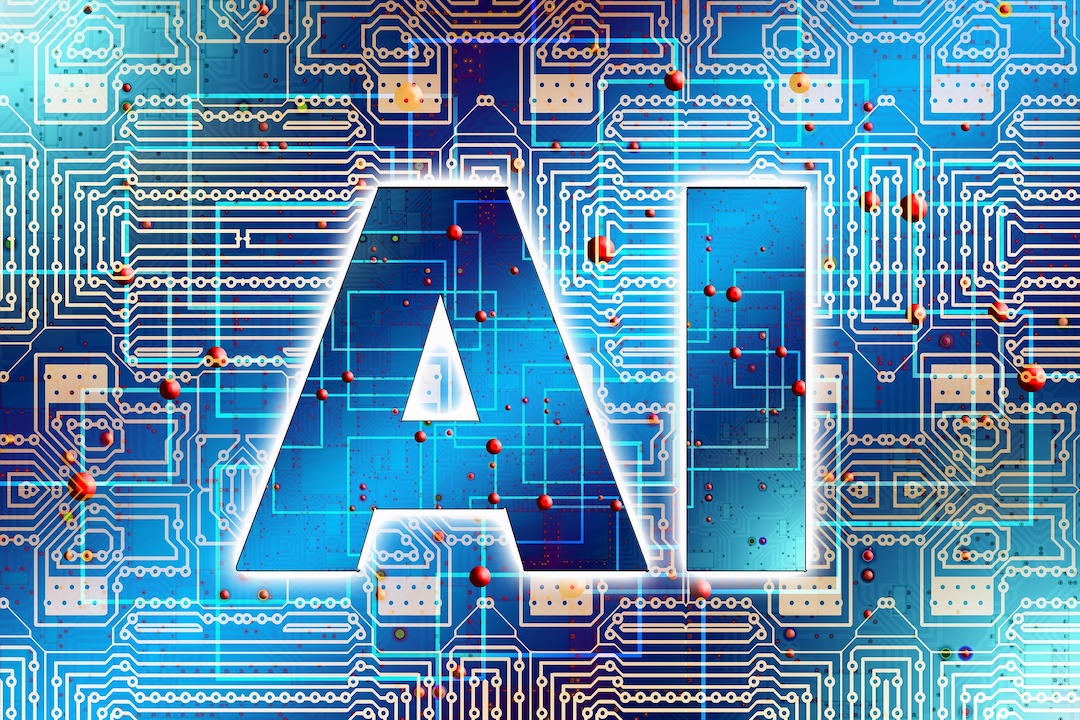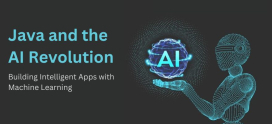The future of AI and its impact on Technology
Artificial intelligence (AI) is one of the most exciting and fastest growing technologies in the world. The future of AI will shape not only how people live and work, but will also have a major impact on industry, society, and business. AI's effect on nearly every field is so powerful that it is often referred to as technology's third revolution. A good understanding of these effects and what to expect from this technology are important for understanding how it will affect us over the next few decades.
What is AI?
AI is one of the most powerful technologies. It will have major impacts on the world by 2040 and beyond. There are many different definitions of AI, but they all revolve around technology that mimics human intelligence. This includes intelligence such as learning, reasoning, problem-solving, perception, and language processing. In general, AI is defined as a computer system that performs tasks which would normally require human intelligence.
The Future of AI and Its Impact on Technology
Artificial intelligence has been around for decades, but the pace of development is accelerating. Artificial intelligence (AI) will play a major role in shaping how people live, work, and play in the future. And while AI may sound like something only business professionals need to know about, it’s worth understanding the effects it will have on all areas of our lives, from how we communicate and shop to how we get from point A to point B.
There are many different ways artificial intelligence will affect our lives. For example, through AI-powered predictive analytics, we can see patterns in our behavior that allow us to anticipate problems before they occur. As we continue to use more devices connected to the internet of things (IoT), it will become easier for us to control everything from lights and thermostats at home to entertainment systems in the car. In addition, advances in natural language processing and machine learning will make it easier for us to interact with machines and computers so that we can accomplish some tasks without even lifting a finger.
Limitations of AI
There are many limitations to AI, which makes it difficult for it to become the future of technology.
Some of the limitations that limit AI's ability to be a major player in the world are:
- It is difficult for AI to recreate human intuition.
- It is not able to reproduce a wide range of human emotions or feelings.
- Even though a machine can learn and grow, it is unable to truly understand what this growth means or how it will be applied.
- Machines still need instructions programmed into them so they can function correctly.
The Good, the Bad, and the Ugly of AI
One of the most challenging aspects of understanding how artificial intelligence will change our lives and work is that there are both good and bad effects. AI can be used for both good and bad. The three types of effects- the good, the bad, and the ugly-are explained below:
The Good: Artificial intelligence offers opportunities to do things that were not possible before. For example, it can be used to optimize timelines and automate complex processes. Organizations that have adopted AI technologies have seen a 30% improvement in productivity, which in turn leads to better profits.
The Bad: With every new technology, there is also the risk of misuse. There is always a possibility that AI will be misused to steal knowledge or data, design weapons systems, influence elections, or create fake content.
The Ugly: There is a chance that AI could cause unemployment because some jobs may no longer require human input due to automation and fear about job security among less educated workers who are at higher risk for unemployment. With these fears in mind, there’s been an increase in talks about universal basic income (UBI) as a way to provide all members of society with financial security even if they cannot find employment due to automation.
The Good – Opportunities for innovation by AI
AI will likely create more jobs than it takes away. We still don’t fully understand how AI will change the world, but what we do know is that it will revolutionize nearly every industry and sector. In the short term, AI will bring about a new wave of innovation to society. However, as this technology becomes more advanced, it may also take jobs from many people.
The Bad - Increasing inequality in society by AI
The bad side of AI is that it will eventually lead to increasing levels of inequality in society. AI and automation are forcing tens of millions of people out of the workforce, leading to a global jobs crisis. The consequences are devastating, but many countries have yet to take any real action.
This huge change in the way we work will be hard for some people who will struggle to find new jobs - or any jobs at all. However, with the right conditions, it could also improve living standards for those on lower incomes and even free up time for more fulfilling pursuits, like spending time with family or volunteering in their community.
Job loss from automation
One of the major concerns about AI is its effect on human jobs. If AI is the future, it may mean that many people will no longer have a job. While this may be alarming, it's not all bad news. The truth is that while humans will lose certain jobs because of automation, they'll also gain new skills and find new opportunities.
As we move away from traditional forms of work and more toward digital work, we can expect to see an increase in demand for skilled professionals who can perform jobs that require a human touch—like programming or customer service. Jobs like these are still much better suited for humans because they require creativity and empathy in addition to intelligence.
In fact, some experts predict that these fields will grow faster than any other sector in the next 10 years.
Affect on AI on Technology
AI is already impacting technology in ways that we don't yet fully understand. AI will have a major impact on the way technology evolves over the next few decades.
Computers are able to learn for themselves, process more data than ever before, and execute tasks quicker than humans. This means computers can make decisions based on what they've learned instead of having someone program them step-by-step. It's this type of technology that could eliminate traffic accidents caused by human error, like driving while texting.
The world has improved with the help of AI and it's only going to get better from here. AI is going to be an important part of our future by bringing us smarter devices and making life easier for many people.


